
Captain Boycott is a 1947 British historical drama film directed by Frank Launder and starring Stewart Granger, Kathleen Ryan, Mervyn Johns, Alastair Sim and Cecil Parker. Robert Donat makes a cameo appearance as the Irish nationalist leader Charles Stewart Parnell. The film explains how the word boycott appeared in the English language. Ironically, the titular character plays a secondary role in the film, as an anti-hero, and the hero of the film is Hugh Davin.
Sidney Gilliat was an English film director, producer and writer.

The Belles of St Trinian's is a 1954 British comedy film, directed by Frank Launder, co-written by Launder and Sidney Gilliat, and starring Alastair Sim, Joyce Grenfell, George Cole, Hermione Baddeley. Inspired by British cartoonist Ronald Searle's St Trinian's School comic strips, the film focuses on the lives of the students and teachers of the fictional school, dealing with attempts to shut them down while their headmistress faces issues with financial troubles, which culminates in the students thwarting a scheme involving a racehorse.
Frank Launder was a British writer, film director and producer, who made more than 40 films, many of them in collaboration with Sidney Gilliat.

Green for Danger is a 1946 British thriller film, based on the 1944 detective novel of the same name by Christianna Brand. It was directed by Sidney Gilliat and stars Sally Gray, Trevor Howard, Rosamund John, Leo Genn, and Alastair Sim. The film was shot at Pinewood Studios in England. The title is a reference to the colour-coding used on the gas canisters used by anaesthetists.
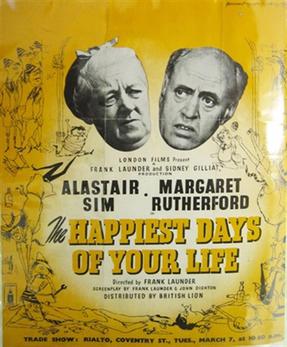
The Happiest Days of Your Life is a 1950 British comedy film directed by Frank Launder, based on the 1947 play of the same name by John Dighton. The two men also wrote the screenplay. It is one of a stable of classic British film comedies produced by Frank Launder and Sidney Gilliat for British Lion Film Corporation. The film was made on location in Liss and at Riverside Studios, London. In several respects, including some common casting, it was a precursor of the St. Trinian's films of the 1950s and 1960s.
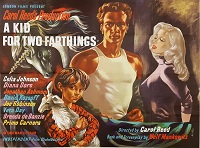
A Kid For Two Farthings is a 1955 British comedy-drama film directed by Carol Reed. The screenplay was adapted by Wolf Mankowitz from his 1953 novel of the same name. The title is a reference to the traditional Passover song, "Chad Gadya", which begins "One little goat which my father bought for two zuzim". At the end of the film, Mr. Kandinsky softly sings fragments of an English translation of the song.

Jean Kent, born Joan Mildred Field was an English film and television actress.

London Belongs to Me is a British film released in 1948, directed by Sidney Gilliat, and starring Richard Attenborough and Alastair Sim. It was based on the novel London Belongs to Me by Norman Collins, which was also the basis for a seven-part series made by Thames Television shown in 1977.
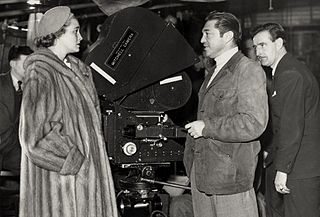
Wilkie Cooper BSC was a British cinematographer.

Joy Winstanley Shelton was an English actress who performed in films, radio and television.
Arthur Crabtree was a British cinematographer and film director. He directed films with comedians such as Will Hay, the Crazy Gang and Arthur Askey and several of the Gainsborough Melodramas.

The Green Man is a 1956 black and white British black comedy film directed by Robert Day and starring Alastair Sim, George Cole, Terry-Thomas and Jill Adams. The screenplay was by Frank Launder and Sidney Gilliat, based on the play Meet a Body.
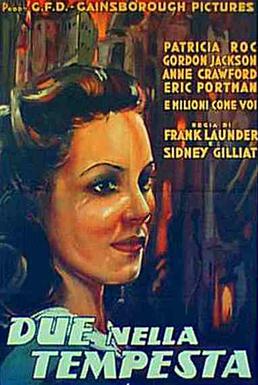
Millions Like Us is a 1943 British propaganda film, showing life in a wartime aircraft factory in documentary detail. It stars Patricia Roc, Gordon Jackson, Anne Crawford, Basil Radford, Naunton Wayne, Moore Marriott and Eric Portman.
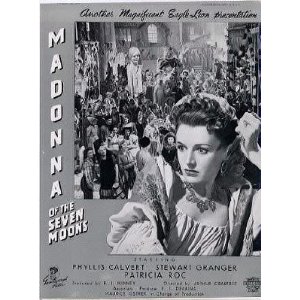
Madonna of the Seven Moons is a 1945 British drama film starring Phyllis Calvert, Stewart Granger and Patricia Roc. Directed by Arthur Crabtree for Gainsborough Pictures, the film was produced by Rubeigh James Minney, with cinematography from Jack Cox and screenplay by Roland Pertwee. It was one of the Gainsborough melodramas of the mid-1940s popular with WW2-era female audiences.

Fanny by Gaslight is a 1944 British drama film, directed by Anthony Asquith and produced by Gainsborough Pictures, set in the 1870s and adapted from a 1940 novel by Michael Sadleir.
Edward Black was a British film producer, best known for being head of production at Gainsborough Studios in the late 1930s and early 1940s, during which time he oversaw production of the Gainsborough melodramas. He also produced such classic films as The Lady Vanishes (1938). Black has been called "one of the unsung heroes of the British film industry" and "one of the greatest figures in British film history, the maker of stars like Margaret Lockwood, James Mason, John Mills and Stewart Granger. He was also one of the very few producers whose films, over a considerable period, made money." In 1946 Mason called Black "the one good production executive" that J. Arthur Rank had. Frank Launder called Black "a great showman and yet he had a great feeling for scripts and spent more time on them than anyone I have ever known. His experimental films used to come off as successful as his others."

Caravan is a 1946 British black-and-white drama film directed by Arthur Crabtree. It was one of the Gainsborough melodramas and is based on the 1942 novel Caravan by Eleanor Smith.
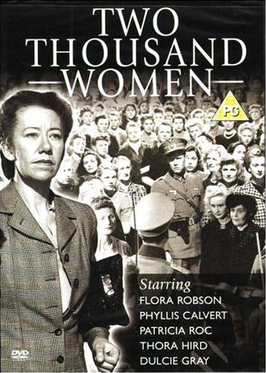
Two Thousand Women is a 1944 British comedy-drama war film about a German internment camp in Occupied France which holds British women who have been resident in the country. Three RAF aircrewmen, whose bomber has been shot down, enter the camp and are hidden by the women from the Germans.
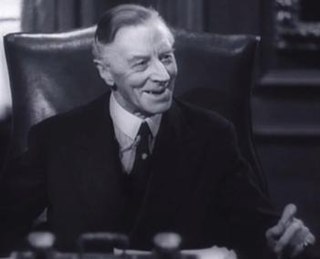
The Lamp Still Burns is a 1943 British drama film directed by Maurice Elvey and starring Rosamund John, Stewart Granger and Godfrey Tearle. Its plot concerns a woman architect who changes careers to become a nurse.















